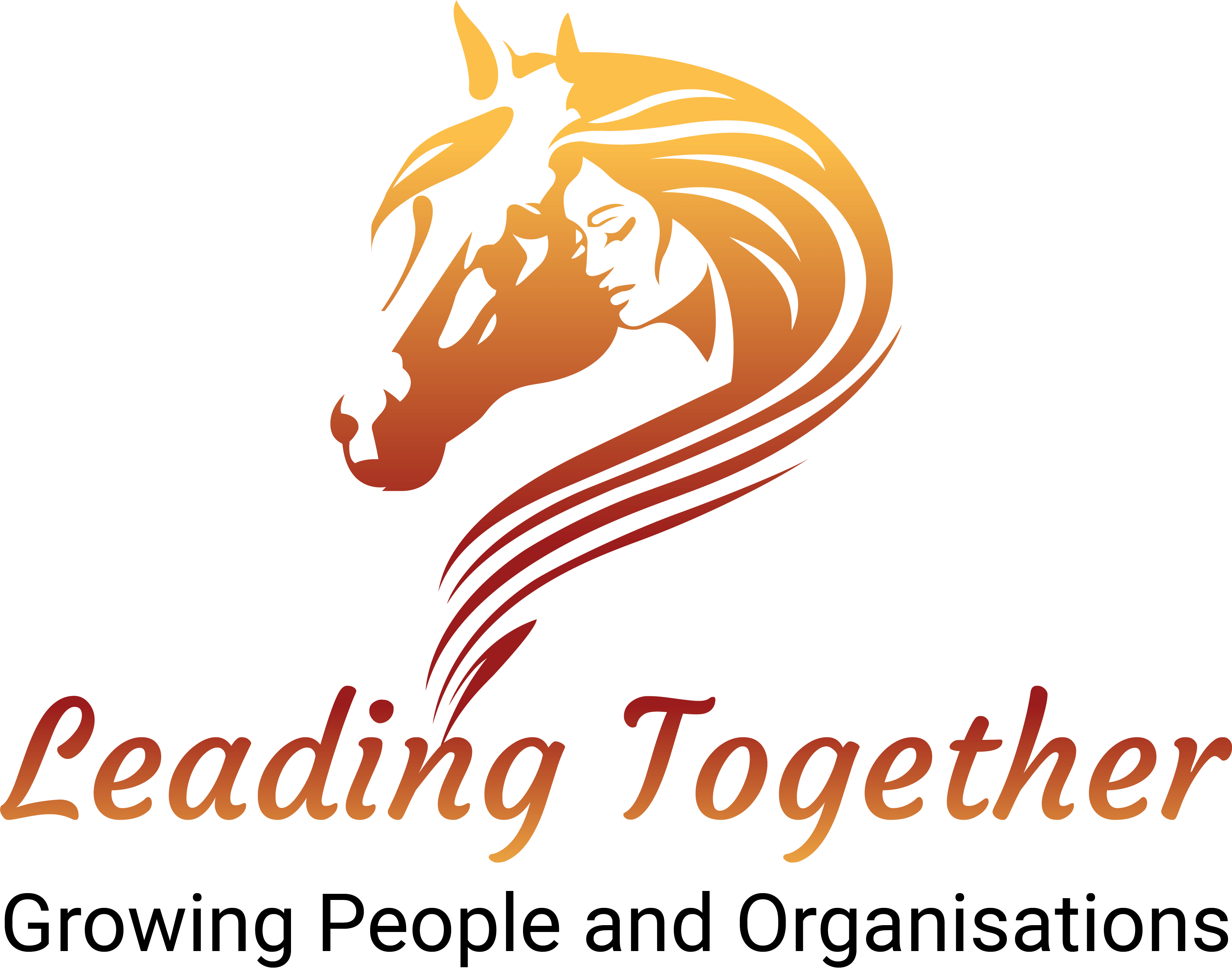
Emotional Intelligence an essential skill for leaders
Emotional intelligence workshops with horses. Sounds like a crazy idea for leadership but it works. Now that emotional intelligence is an essential skill in leadership and the most sought after skill. It is something we all need to learn and master to become effective leaders.
What is emotional intelligence?
Emotional intelligence is simply put the ability to control your emotions and others in the present moment. It sounds simple but has a number of key factors. According to Daniel Goleman,
- Self-awareness.
- Self-regulation.
- Motivation.
- Empathy.
- Social skills.
Why is it important?
Developing emotional intelligence is the one factor that will make you successful in almost every area of your life. At a professional level is the one factor that sets high performing leaders above others. At a personal level, it means your relationships around you will feel more connected. Allows for improved communication skills and increases your resilience. It turns out it is one of the most important life skills and increases your chances of success in every area of your life.
Can it be learnt?
Emotional intelligence is something you can learn. However, I believe it is something you need to experience it to understand it. Staying curious and responding appropriately to what is happening around you. Emotional intelligence is a skill that is challenging to learn from a book. Yes, you can get an understanding of the theory but until you practice it in real life you don’t know how to use it. It is a bit like trying to be a bodybuilder from a textbook. You can learn the theory but unless you lift the weights and practice you can’t develop those muscles.
Why does it matter to leadership?
Leaders without emotional intelligence can be very costly to any organisation.
All of us at some points in our career have worked for a manager we didn’t like and/or didn’t like us. We may have felt that they were unreasonable, not fair or at the extreme end they were a bully. These are all feelings of no connection or low emotional intelligence.
Leaders and managers with high emotional intelligence generally will have staff that want to come to work. They will have staff that will often feel heard and respected. A team that is motivated with less technical abilities will always outperform a highly skilled team going through the motions. So if this is the case why is emotional intelligence not taught?
We have all read the leadership textbooks talking through different models of leadership. As a leader, your leadership style should move change and respond to what is happening around you. If you only have one style you are still in the manager phase and each skill takes time to learn and develop.
There are many documented styles of leadership;
- Autocratic – commander style
- Bureaucratic – administrator style
- Charismatic – the charmer
- Democratic – the motivator
- Laissez-Faire – the delegator
- Servant –the steward
- Transactional – the standardiser
- Transformational – the inspirer
A leader who has developed their emotional intelligence will be able to transition through many different types of leadership style. They move and flex with the situation and may actually manage each person in their team with a different technique.
I accidentally found out through training horses that I was strengthening and developing my emotional intelligence in all aspects of my life. I found that incredible horse trainers who were rehabilitating troubled horses all had high levels of emotional intelligence. It was their empathy, self-regulation, and incredible awareness level. It almost felt like a heightened sense. This started my curiosity and openness to explore why it felt better. I felt like I was being genuine with relationships and with my leadership. It was a light bulb moment and realised I can also help others to understand and engage with it.
That is how I started developing emotional intelligence workshops with my horses.
You don’t need to be a horse person to gain something from the workshops. It is made for people who have little to no experience with horses, and even those who have lots of experience will also gain some personal insights.
If sounds like something you might want to try then get in touch
